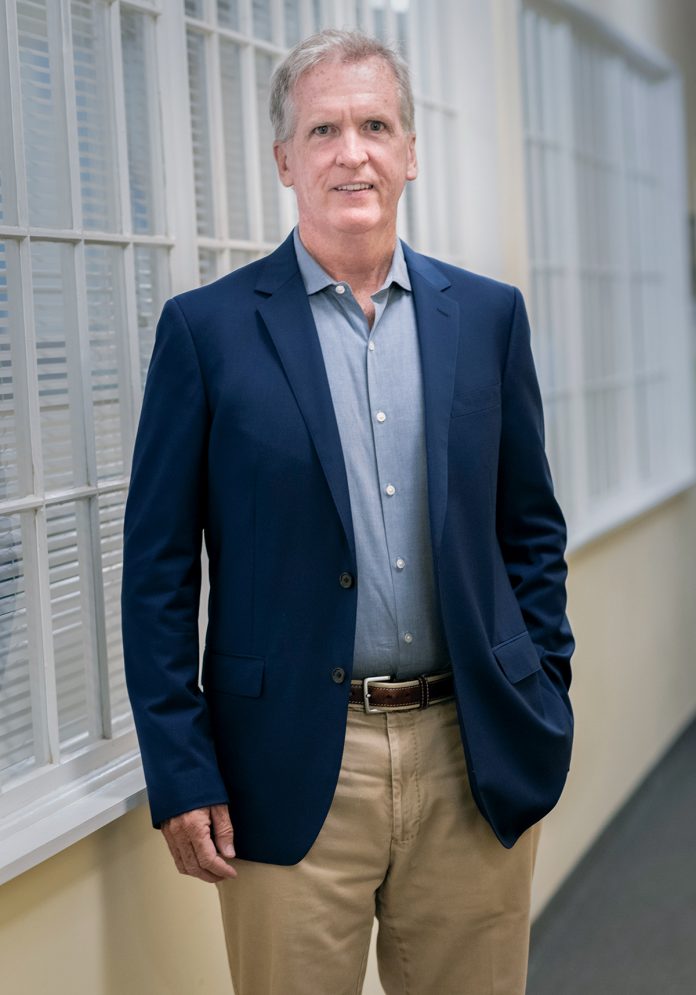Michael McNally | Member, I-195 Redevelopment District Commission
1. How has your work leading Skanska USA prepared you to be on the I-195 commission? Skanska USA is one of the largest construction/development companies in the [United States] with more than 10,000 employees and $7 billion in revenue. So, my career journey up to and including CEO taught me a lot about construction and development. That experience should help me contribute to the I-195 commission discussions and decisions.
2. How do you juggle your workload as a member of both the R.I. Commerce Corp. and the I-195 commission? I am retired now, so I stay busy with board assignments. I am on a couple of public-company boards and chair the U.S. Green Building Council board, in addition to Commerce and I-195, but that isn’t much of a workload. My wife doesn’t want me hanging around the house.
3. The I-195 land is starting to see development. What is the ideal mix of uses in that district for you? A little of everything. Just like the new Seaport District in Boston. I’m glad we will have anchors in place such as Johnson & Johnson, the Cambridge Innovation Center and Brown [University] in the Wexford Science & Technology site, as well as the [University of Rhode Island/Rhode Island College/Brown] occupancy at South Street Landing.
4. Are developers being given too much time to build out their sites? Several seem dormant, although they have purchase and sale agreements in place. No, I see lots of activity. Look at all the cranes in the sky, including in the I-195 District – at Wexford and at River House, for example. Historically, development in Rhode Island has been slow because the limited demand for commercial office space did not support new construction. Current rents still won’t support new-construction costs. But the good news is that is changing. The business climate is changing, companies are moving to Rhode Island as Boston becomes too expensive and congested, and as the governor’s policies are taking effect.
5. Regarding the Hope Point Tower presented by The Fane Organization – how does this fit into the mission for economic development in Rhode Island? Housing is critical to economic development. Housing, especially dense housing in urban centers, is key to creating 24-hour work/live/play environments that the younger folks desire.













